"True Freedom Is Having No Debt"
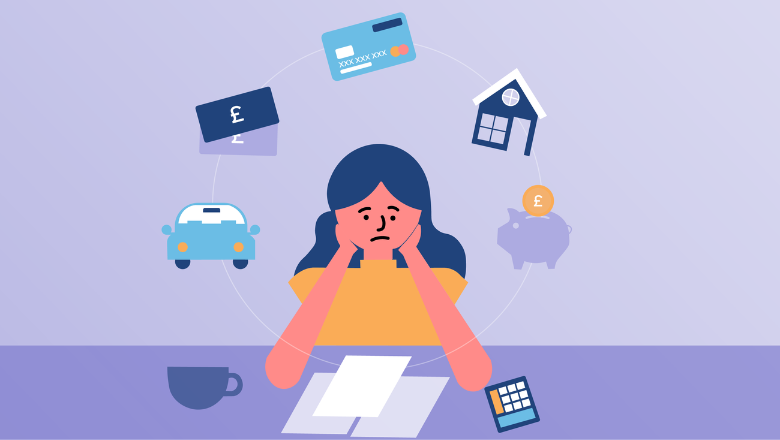
Understand Your Debt
To effectively manage your debt, it’s crucial to develop a good understanding of your debt landscape. Begin by listing all your debts, distinguishing between “good debt” and “bad debt.” “Good debt” typically includes loans for appreciating assets like a mortgage or student loans, while “bad debt” comprises high-interest obligations such as credit card balances and store cards.
Once you’ve classified your debts, expand into the specifics. Note down the outstanding balances, interest rates, and minimum monthly payments for each. This detailed overview serves as a foundation for creating a customized debt repayment strategy.
Understanding the terms and conditions of your loans is equally essential. Are there penalties for early repayment? Are there any opportunities for interest rate negotiation? By knowing the ins and outs of each debt, you can make informed decisions and prioritize your repayment efforts effectively.
Additionally, check your credit report regularly to ensure accuracy and identify any outstanding debts you might have overlooked. Familiarizing yourself with the complete picture of your debt will empower you to take proactive steps toward financial freedom.
Create A Detailed Budget
Crafting a detailed and realistic budget is the cornerstone of effective debt management. Begin by assessing your monthly income, including your salary, freelance earnings, and any other sources of income. Next, meticulously track your expenses, categorizing them into fixed and variable costs. Fixed costs may include rent or mortgage payments, utilities, and insurance, while variable costs encompass groceries, entertainment, and discretionary spending.
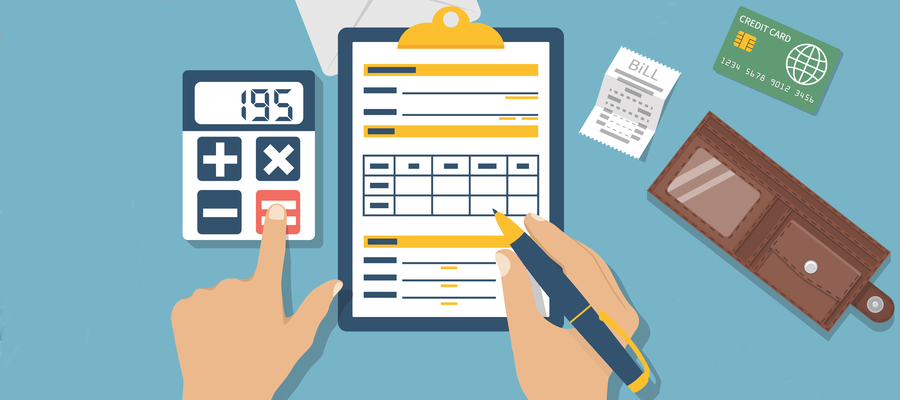
Once you’ve identified your income and expenses, scrutinize your spending habits. Look for areas where you can cut back without compromising your essential needs. Redirect the funds you save towards debt repayment. The key here is to strike a balance—create a budget that is both sustainable and allows for consistent contributions towards debt reduction.
Allocate a specific portion of your budget to debt repayment. While paying the minimum amounts on all debts is essential, focus on directing extra funds towards high-interest debts to accelerate their payoff. Utilize budgeting tools and apps to streamline this process and keep a close eye on your financial inflows and outflows.
Remember that a budget is not a one-time creation; it should evolve with your financial situation. Regularly revisit and adjust your budget as circumstances change. This proactive approach ensures that your budget remains a poweful tool that aligns with your debt management goals and overall financial well-being.
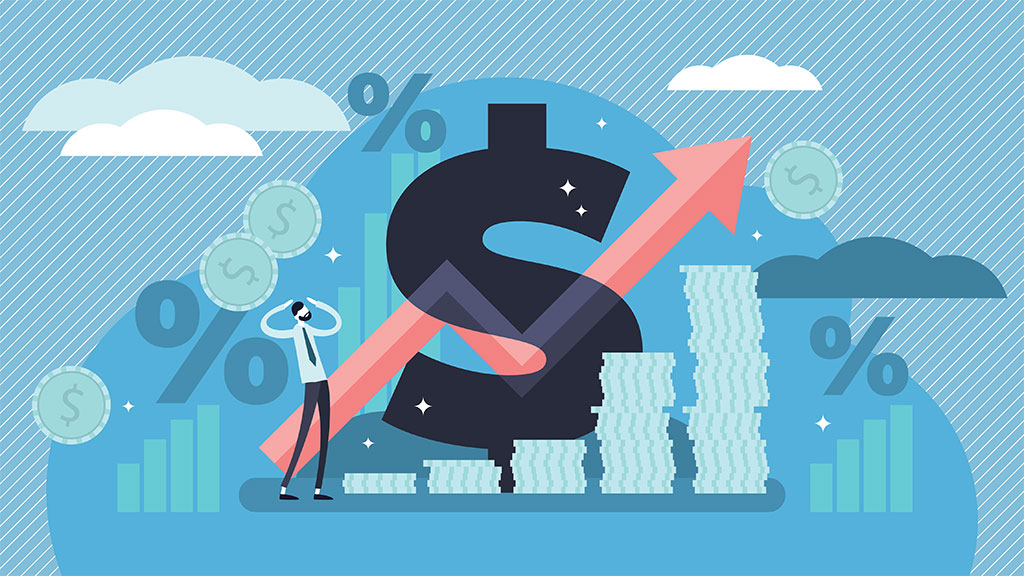
Prioritize High-Interest Debt
One of the cardinal rules in effective debt management is to prioritize high-interest debt. High-interest obligations, particularly from credit cards, can accrue rapidly and become a significant financial burden. Tackling these debts first not only minimizes the overall interest paid but also sets the stage for a more efficient and accelerated debt repayment journey.
Two popular strategies for prioritizing debt repayment are the “avalanche” method and the “snowball” method. In the avalanche method, focus on paying off the debt with the highest interest rate first while making minimum payments on other debts. This approach minimizes the overall interest paid over time. On the other hand, the snowball method involves paying off the smallest debt first, regardless of interest rates. This method provides psychological satisfaction and momentum as you eliminate individual debts, creating a sense of accomplishment.
Whichever method you choose, the key is to maintain consistency. Allocate as much extra money as possible to the targeted debt while continuing to make minimum payments on other obligations. As each debt is paid off, redirect the funds towards the next one in line.
High-interest debt can be a tough opponent, but by strategically prioritizing and systematically chipping away at these obligations, you can gain momentum in your debt repayment journey and pave the way for a more secure financial future.
Negotiate Lower Interest Rates
Taking an active role in negotiating lower interest rates on your debts can be a powerful strategy to progress your journey towards financial freedom. While not always guaranteed, many creditors are open to negotiation, especially if you have a positive payment history or can demonstrate genuine financial hardship.

Begin by contacting your creditors and expressing your intent to negotiate for lower interest rates. Be prepared to articulate your reasons, whether it’s your commitment to repaying the debt, your loyalty as a customer, or any financial challenges you may be facing. Highlighting your positive payment history can strengthen your negotiation position.
If you have a credit card with a high-interest rate, inquire about the possibility of a lower rate or explore balance transfer options to cards with lower rates. For loans, consider refinancing options. Research current interest rates and use this information as leverage in your negotiations.
Successful negotiation can lead to reduced monthly payments and less overall interest paid over the life of the debt. Remember, the key is effective communication and persistence. Even a seemingly small reduction in interest rates can translate into significant savings over time, making the negotiation process well worth the effort.

Consolidate Debt Wisely
Debt consolidation is a strategic approach that involves combining multiple debts into a single, more manageable payment. This can simplify your financial obligations and, in some cases, reduce overall interest rates. However, it’s crucial to approach debt consolidation with careful consideration and a clear understanding of the potential benefits and risks.
Two common methods of debt consolidation include balance transfer credit cards and debt consolidation loans. Balance transfer credit cards offer an introductory period with low or 0% interest rates on transferred balances. This can be advantageous for high-interest credit card debt, allowing you to make significant progress during the promotional period. However, be mindful of any balance transfer fees and the interest rate that may apply after the introductory period.
Debt consolidation loans involve taking out a new loan to pay off existing debts. This can streamline your payments into one monthly installment with a potentially lower interest rate. Before pursuing this option, carefully compare the new loan terms, interest rates, and any associated fees with your current debts. Ensure that the overall cost and structure of the consolidation loan are more favorable than your existing situation.
While debt consolidation can be a valuable tool, it’s not a one-size-fits-all solution. Assess your financial situation, credit score, and the terms of the consolidation carefully. Keep in mind that debt consolidation addresses the symptoms of debt but does not eliminate the underlying issue of spending habits. It should be part of a broader strategy that includes responsible financial management and a commitment to lifestyle changes that prevent future debt accumulation.
Build an Emergency Fund
Aemergency fund acts as a financial safety net, providing a buffer against unexpected expenses and helping prevent the need to accumulate additional debt. Building and maintaining an emergency fund should be a priority in your debt management strategy. Start by setting a realistic goal for your emergency fund, aiming to save three to six months’ worth of living expenses. This fund should cover essential costs such as rent or mortgage payments, utilities, groceries, and insurance in case of unforeseen circumstances like job loss or medical emergencies.
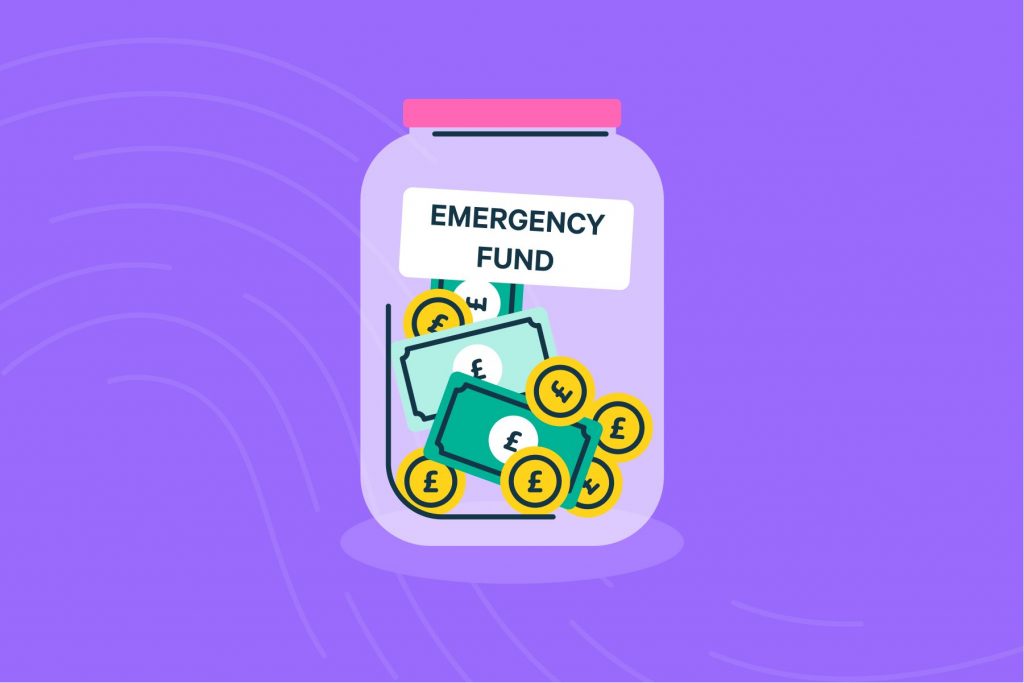
Having an emergency fund serves two critical purposes in the context of debt management. Firstly, it prevents you from relying on credit cards or loans when unexpected expenses arise, reducing the risk of accumulating more debt. Secondly, it provides peace of mind, allowing you to focus on your debt repayment plan without the constant worry of financial emergencies derailing your progress.
To build your emergency fund, allocate a portion of your budget specifically for savings. Consider automating contributions to ensure consistent and disciplined saving. Opt for a separate savings account to keep your emergency fund separate from your regular spending money, making it less tempting to dip into for non-emergencies.
While building your emergency fund may take time, the financial security and stress reduction it provides are invaluable components of a robust debt management strategy. Prioritize this foundation to create a more resilient and sustainable financial future.

Increase Your Income
While diligently managing expenses is crucial, another effective strategy to speed up debt repayment is to increase your income. Supplementing your primary source of income with additional streams can provide the extra funds needed to accelerate debt payoff and improve overall financial stability.
Consider exploring various avenues to boost your income, such as taking on a part-time job, freelancing, or selling old clothes. Assess your skills and interests to identify opportunities that align with your expertise. Freelancing platforms, online marketplaces, and job boards can serve as valuable resources for finding additional work.
Selling unused or unnecessary items is another quick way to generate extra income. Conduct a thorough inventory of your possessions and consider parting ways with items that no longer serve a purpose. Online marketplaces, garage sales, or local second hand shops are excellent platforms for selling items.
Additionally, invest in your professional development to enhance your skills and qualifications, potentially opening doors to higher-paying opportunities. Whether through courses, certifications, or workshops, continuous learning can significantly impact your earning potential.
The key to successfully increasing your income is to be proactive and strategic. Identify opportunities that align with your skills and schedule, ensuring that the extra income generated is dedicated to debt repayment. By diversifying your income streams, you not only expedite your journey to financial freedom but also create a more robust financial foundation for the future.
Seek Professional Advice
While managing your debt independently is commendable, seeking professional advice can provide invaluable insights and strategies tailored to your specific financial situation. Financial advisors and credit counseling agencies are valuable resources that can guide you through the intricacies of debt management and offer personalized solutions. Get expert independent advice from a financial adviser with our partner Unbiased. You first consultation is absolutely free!
Financial Advisors: A certified financial advisor can provide comprehensive guidance on your overall financial picture. They can help you create a holistic financial plan, which includes debt management strategies, investment advice, and long-term financial goals. Financial advisors have the expertise to analyze your income, expenses, and debt structure, providing recommendations to optimize your financial health.
Debt Counseling Agencies: Debt counseling agencies specialize in assisting individuals facing financial challenges. These agencies can negotiate with creditors on your behalf, helping to lower interest rates, waive fees, and establish manageable repayment plans. They may also offer financial education and budgeting workshops to enhance your financial literacy and empower you to make informed decisions.
When considering professional advice, research and choose reputable professionals or agencies. Check their credentials, reviews, and ensure they operate ethically. Be transparent about your financial situation during consultations to receive the most accurate and relevant guidance.
Keep in mind that seeking professional advice doesn’t signify financial failure; rather, it demonstrates a proactive commitment to addressing your financial challenges effectively. Professionals can provide a fresh perspective, identify opportunities for improvement, and empower you with the knowledge and tools needed to achieve financial stability.
Whether you opt for a financial advisor or a credit counseling agency, leveraging professional advice can be a pivotal step in your journey towards effective debt management and overall financial well-being.
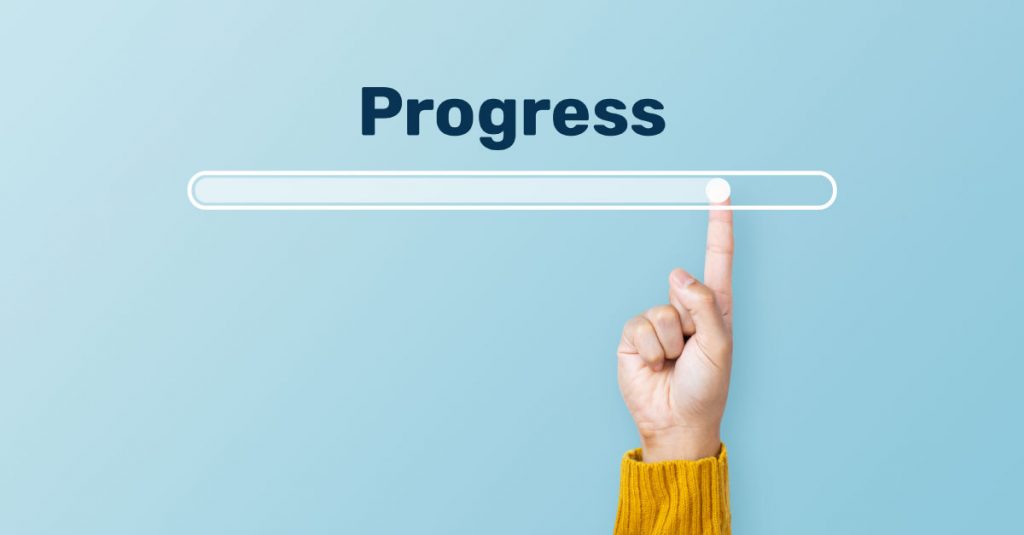
Monitor Your Progress
Regularly monitoring your debt repayment progress is a critical aspect of effective debt management. This ongoing evaluation allows you to track your achievements, identify areas for improvement, and stay motivated on your journey to financial freedom.
Set Milestones: Establish specific and measurable milestones for your debt repayment. Break down your overall debt into smaller, more manageable goals. Celebrate reaching each milestone, whether it’s paying off a particular credit card or achieving a certain percentage reduction in your total debt. These mini-celebrations can help maintain your motivation throughout the debt repayment process.
Review Your Budget: Periodically revisit your budget to ensure it aligns with your current financial situation. Life is dynamic, and circumstances may change. Adjust your budget accordingly to accommodate any shifts in income, expenses, or financial goals. A flexible budget is a key tool in adapting to evolving financial circumstances.
Assess Interest Rates: If you’ve negotiated lower interest rates or consolidated your debts, periodically review these arrangements. Confirm that the agreed-upon terms are being honored and explore opportunities to further reduce interest rates. Staying vigilant on this front can result in continuous savings over the life of your debt.
Stay Disciplined: Debt management requires discipline and consistency. Stick to your budget, continue making timely payments, and resist the temptation to accumulate new debt. Remind yourself regularly of the financial goals you’ve set and the benefits of achieving a debt-free future.
Consider Professional Guidance: If you’ve sought professional advice, schedule regular check-ins with your financial advisor or debt counseling agency. These professionals can provide ongoing support, assess your progress, and make adjustments to your strategy as needed.
Celebrate Achievements: Recognize and celebrate your achievements along the way. Whether it’s paying off a significant portion of your debt, reaching a specific financial goal, or successfully negotiating lower interest rates, acknowledging your accomplishments fosters a positive mindset and reinforces your commitment to financial success.
In conclusion, monitoring your progress is not just about the numbers; it’s about maintaining a proactive and informed approach to your financial journey. Regular assessments, adjustments, and celebrations contribute to a sustainable and successful debt management strategy.
Author's Call To Action
If you have questions, seek personalized advice, or want to share your success stories, we’re here for you. Contact us through our website’s contact form or leave a comment. Join our community of like-minded individuals exploring the path to financial growth. Your journey matters, and we’re excited to be part of it.
It’s crucial to remember that no one should suffer in silence due to debt. Seeking help is a sign of strength, not weakness. Whether through professional advice, credit counseling, or community support, there are resources available to guide you through challenging times. Your journey to financial freedom is a collaborative effort, and reaching out for assistance is a proactive step towards reclaiming control over your financial future. Remember, there is no shame in asking for help – it’s a powerful decision that can pave the way for a more secure and stress-free tomorrow.


